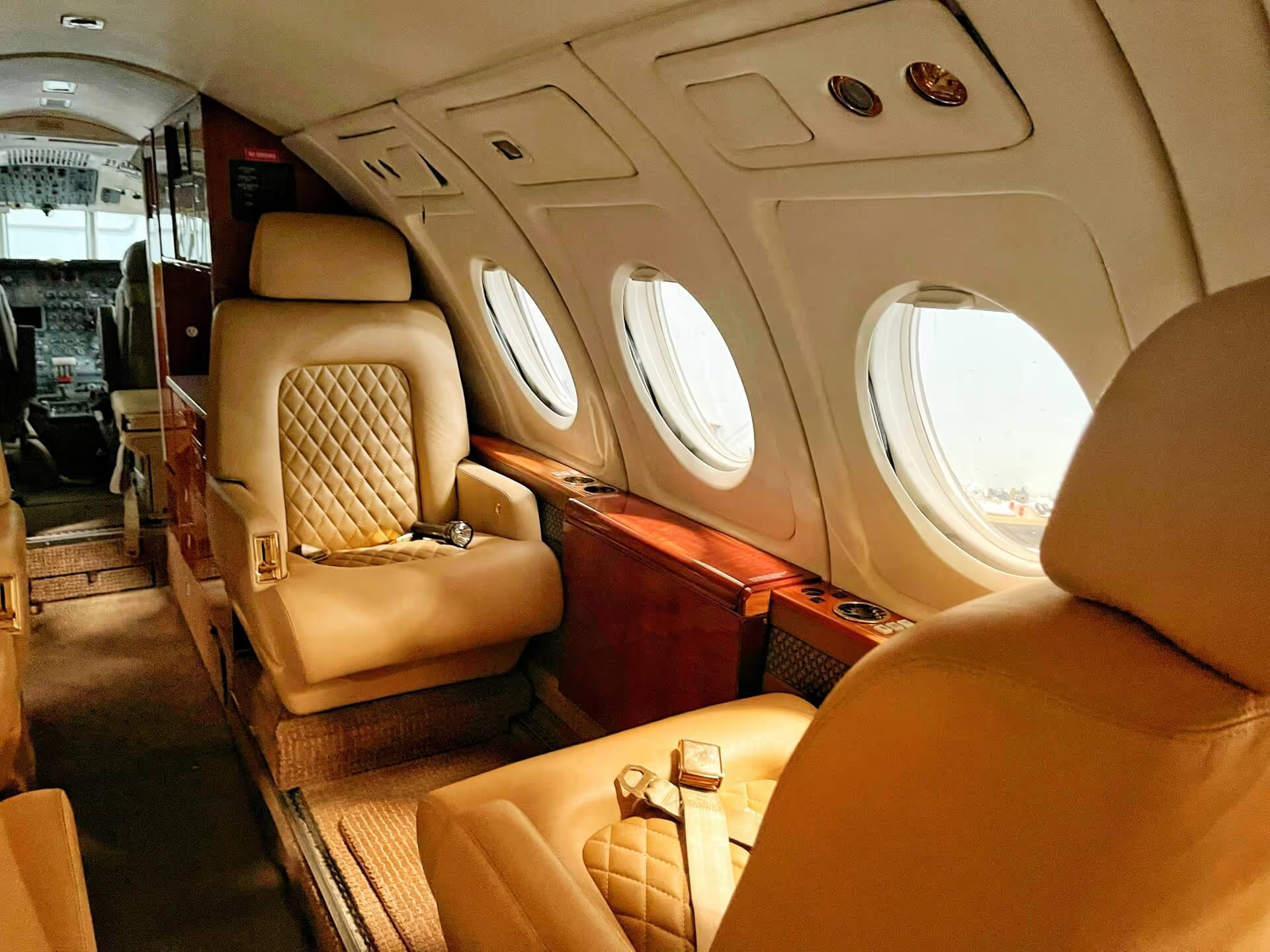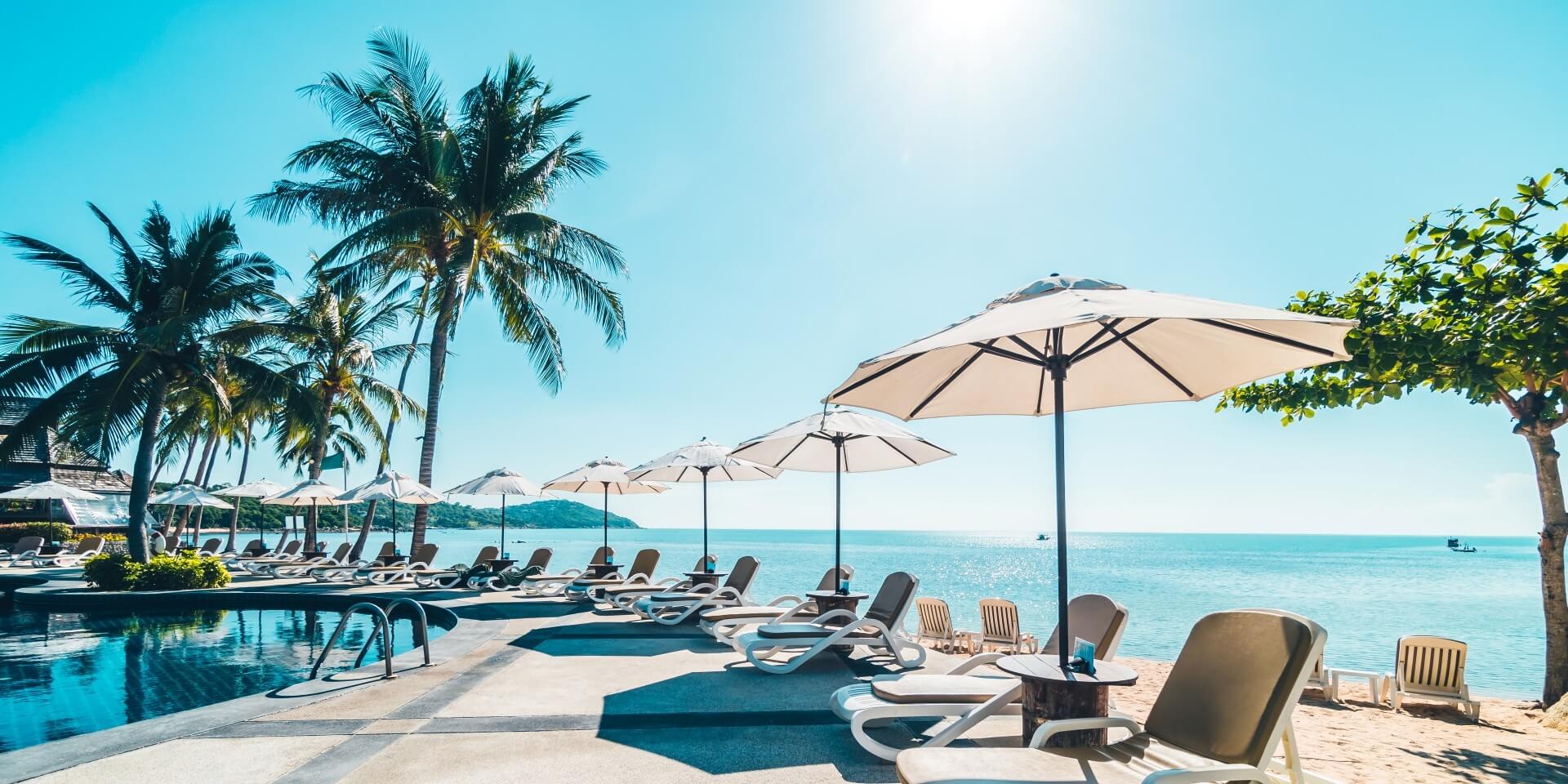Luxury travel brands know that many of their bookings are not made by their clients, but rather by the client’s travel buyer or assistant. So, when planning your digital marketing, some of your efforts in fact need to be aimed at this audience, and not the travellers themselves.
These professionals act as gatekeepers, researching, selecting, and booking bespoke travel experiences that meet the exacting standards of their clientele. Because they are doing a job, your focus should not be just business-to-consumer (B2C) marketing, but business-to-business (B2B) with a B2B2C ripple effect.
Who are luxury travel buyers?
There are two broad categories of people making bookings with luxury brands.
Luxury travel buyers and advisors: These are the professionals who work directly in the travel industry, often employed by luxury travel agencies, concierge services, or specialist tour operators. Their expertise lies in researching, planning, and booking bespoke travel arrangements that meet the high standards of affluent clients.
Personal and executive assistants: Many high-net-worth individuals rely on personal or executive assistants to handle their travel bookings and arrangements. Personal assistants may choose to work with a luxury travel buyer when planning and booking travel for their employer. Generally, an assistant’s travel-related responsibilities include:
- Researching potential destinations, properties, and experiences based on their employer's preferences
- Logistical coordination
- Maintaining confidentiality and ensuring privacy
- Anticipating needs, including dietary requirements, security, and other specialist services
Where do luxury travel buyers go to research, plan, and book travel?
Luxury travel buyers and personal assistants rely on a mix of digital and offline resources to discover, research, plan, and ultimately book exceptional travel experiences. Understanding these channels is essential for luxury travel brands aiming to engage this audience effectively.
Your website
Your website remains the main focus of your digital presence. Luxury travel buyers and assistants will thoroughly research your brand here before considering a partnership.
Web design: The design should reflect luxury, sophistication, and clarity. Use a clean, elegant layout with intuitive navigation. A slow, cluttered, or outdated site will immediately erode trust.
Storytelling and copy: Your messaging must speak directly to travel buyers and assistants. Clearly articulate the benefits of working with your agency, the unique value you offer, and how you understand the luxury travel sector.
SEO: Optimise your site for relevant keywords. This ensures that buyers researching online can find you.
UX design: Make your site easy to explore. Provide clear paths to key content like case studies, service pages, testimonials, and prominently display contact options for inquiries or consultations.
Personalisation: Use dynamic content to tailor the website experience for repeat visitors or based on referral source, making buyers feel understood and valued.
LinkedIn is an important platform for reaching travel buyers and assistants. It is one of the places where they network, engage with industry content, and discover new suppliers.
How to engage on LinkedIn:
Optimise your agency’s LinkedIn presence: Use clear, professional branding and craft copy that speaks directly to the needs of travel buyers. Highlight your expertise in luxury travel marketing, your success stories, and your industry knowledge.
Create targeted content: Publish articles and posts that demonstrate your understanding of the luxury travel market and the challenges buyers face. Content like “How to Simplify Luxury Travel Bookings” or “Latest Trends in High-End Travel Marketing” positions your agency as a trusted advisor.
Join and engage in relevant LinkedIn groups: Participate actively in luxury travel and concierge forums where buyers and assistants are members. Sharing valuable insights builds your reputation and can open doors to conversations.
Use LinkedIn Ads: Run highly targeted sponsored content and InMail campaigns focusing on job titles like “Travel Buyer,” “Travel Assistant,” or “Luxury Concierge.”

AI search and discovery tools
AI is increasingly shaping how luxury travel buyers and assistants discover and evaluate brands. Tools like Google’s Search Generative Experience (SGE), ChatGPT, and voice assistants are influencing early-stage research and recommendation processes, often before a buyer even reaches your website.
How to appear in AI-driven results:
Optimise for AI search: Ensure your content is clear, structured, and comprehensive. Use headings, schema markup and natural language that aligns with how buyers ask questions in conversational search. Answer common queries in your service pages and blogs so AI tools can pull relevant snippets.
Focus on E-E-A-T: Demonstrate expertise, experience, authoritativeness and trustworthiness throughout your site. AI tools often prioritise content from established, credible sources.
Create structured, scannable content: Break up long-form content with bullet points, tables and clear formatting. AI tools tend to favour information that is easy to parse and summarise.
Maintain an active content strategy: Fresh, high-quality content, such as destination guides, luxury travel trends, or how-to articles tailored for travel assistants, keeps your site relevant in AI training data and enhances visibility in conversational search tools.
Brand consistency across platforms: Ensure your brand voice, imagery, and messaging align across your website, LinkedIn, and other digital platforms. AI systems look for cohesive signals when surfacing recommendations.
Luxury travel trade shows
Although trade shows and networking events happen in person, they’re a valuable opportunity to create digital content and touchpoints that extend your reach well beyond the event itself. For luxury travel brands, these events offer opportunities to connect online with potential partners and build brand visibility across channels.
By preparing digital assets ahead of time, sharing live content during the show, and following up strategically online, trade shows become digital marketing engines that support long-term engagement with travel buyers and personal assistants.
How to turn trade shows into digital marketing opportunities:
Craft a consistent brand presence, online and offline: Before the event, align your digital channels – especially your website and LinkedIn – with the same tone, messaging and visuals you’ll use at your booth. Buyers and assistants will look you up online, often during or immediately after the show. Ensure your online brand experience reinforces the luxury, professionalism and attention to detail they saw in person.
Create digital assets to support conversations: Design elegant one-pagers, digital brochures or microsites specifically for trade show attendees. These materials can be shared via QR codes or follow-up emails, making it easy for buyers to revisit your offering digitally and share it internally if needed.
Capture live content to amplify your presence: Take advantage of the visual nature of trade shows to generate content. Post live updates, behind-the-scenes footage, or booth highlights to LinkedIn or Instagram. Tag relevant hashtags or partners to expand reach and demonstrate your presence in the luxury travel space.
Build a post-show plan: Don’t let conversations end at the booth. Upload contacts into your CRM and send a well-timed sequence of follow-up messages – from personalised thank-you notes to case studies or curated service pages. Where appropriate, invite key prospects to book a virtual consultation or download a premium resource from your website.
Track engagement and retarget strategically: Use tracking links in your follow-up emails and paid campaigns to monitor which attendees are re-engaging online. You can then retarget warm leads with tailored messaging or offers that continue to reflect the elevated experience of your brand.
Conclusion
Luxury travellers often rely on trusted professionals to make their bookings, not just for convenience, but for confidence in quality. Travel buyers and personal assistants play a critical role in shaping where and how these clients spend their time.
To win their attention and trust, your digital platforms must work just as hard as your travel experiences do. From a seamless website to targeted LinkedIn content and strong visibility in AI-driven search, every detail counts.
Position your brand to meet the needs of this discerning audience, and you’ll open the door to long-term, high-value partnerships.
Want to make sure your brand stands out to luxury travel buyers and assistants? Boost Brands can help you craft a digital presence that earns trust, sparks interest and drives bookings. Let’s elevate your brand together.





